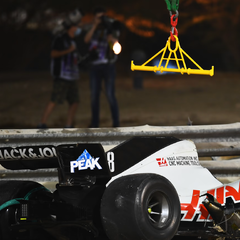Desktop Workstation RAID 1 vs Single Drive
Go to solution
Solved by Oshino Shinobu,
In most cases, performance remains the same unless the controller is being overworked (which won't be the case looking at your specs). Some RAID 1 solutions support striped reads, which reads data from the drives in a similar way to RAID 0, theoretically (but not practically) doubling the read performance. If you're going to be using onboard RAID, I don't think that feature is supported.
Boot times will be a little slower due to the RAID controller having to initialise on boot, but other than that performance is unaffected.















Create an account or sign in to comment
You need to be a member in order to leave a comment
Create an account
Sign up for a new account in our community. It's easy!
Register a new accountSign in
Already have an account? Sign in here.
Sign In Now